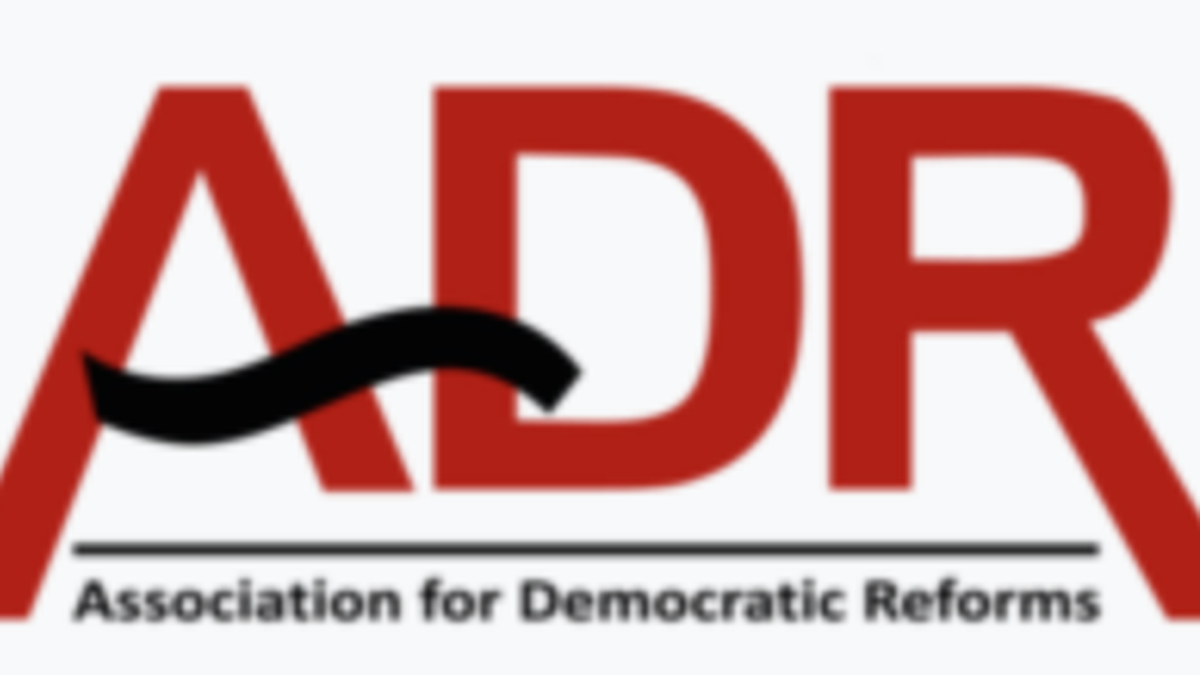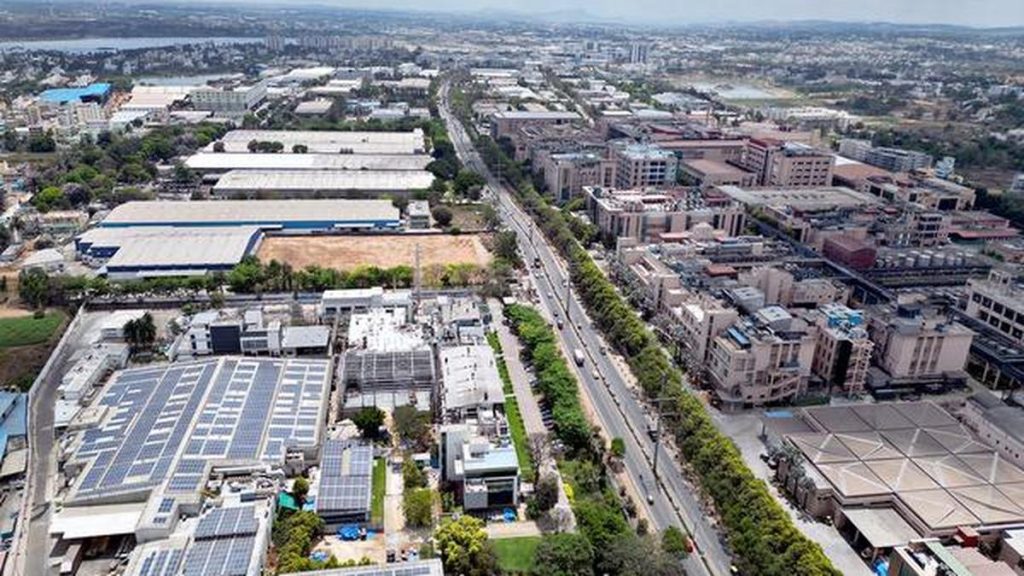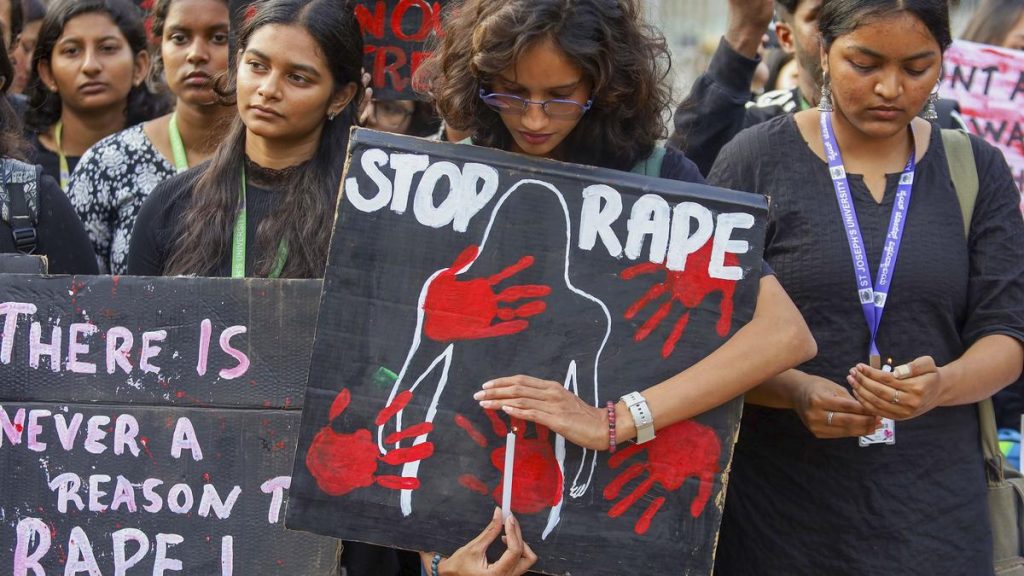Now Reading: Regional Parties Report ₹2,532 Crore Income in FY 23-24: ADR
-
01
Regional Parties Report ₹2,532 Crore Income in FY 23-24: ADR
Regional Parties Report ₹2,532 Crore Income in FY 23-24: ADR

Quick Summary
- Income and Electoral Bonds: 40 regional political parties declared a combined income of ₹2,532.09 crore in FY 2023-24, more than 70% (₹1,796.02 crore) coming from electoral bonds.
- Top Earners: The Bharat Rashtra Samithi (BRS) earned the highest income with ₹685.51 crore, followed by Trinamool Congress (TMC) at ₹646.39 crore, Biju Janata Dal (BJD) at ₹297.81 crore, Telugu Desam Party (TDP) at ₹285.07 crore, and YSR Congress at ₹191.04 crore.
- Audit Report Delays: Audit reports for 20 regional parties where missing from the Election Commission of India’s website 313 days after the deadline; delays ranged from 12 to 216 days for others.
- Income Increase: Compared to FY 2022-23 when total income stood at ₹1,736.85 crore, regional parties saw a remarkable rise of nearly 46%. Notable increases included TMC (+₹312.93 crore), TDP (+₹176.73 crore), and BJD (+₹97.59 crore).
- Spending Patterns: While some parties reported unspent funds-e.g., BRS with ₹430.60 crore unspent-others faced deficits like YSR Congress overspending by around 55%.
- Source Breakdown: Of total income:
– Voluntary contributions accounted for ₹2,117.85 crores (83%).
– Electoral bonds made up an overwhelming share with donations reaching ₹1,796 crores (~71%).
– Interest income contributed another ₹274 crores (~10%), while other donations accounted for ~13%.
Indian Opinion Analysis
The ADR report highlights critical trends about political funding among India’s regional parties-namely heavy reliance on opaque electoral bonds-and underscores transparency gaps in their financial disclosures to regulatory bodies such as the Election Commission of India.
The sharp increase in revenues suggests enhanced fundraising capabilities among regional entities but also raises pertinent questions regarding accountability as over two-thirds of this funding remains traceable only through electoral instruments criticized for lack of donor scrutiny.
An absence or delay in audit submissions casts doubt on efforts by both regulatory authorities and political institutions to ensure financial compliance promptly-a foundational necessity in safeguarding against misuse or corruption.
These observations have broader democratic implications as voters weigh transparency demands alongside mass spending practices peculiar within heightened competitive politics conducted national-stage campaigns Driving parity/equality fiscally frequently enough overlooked concurring Public policyward maturity evolving informative backdrop accountability debates gray neutrality continue hindering livesclosure lastly.”
For further details read more simply.”

























